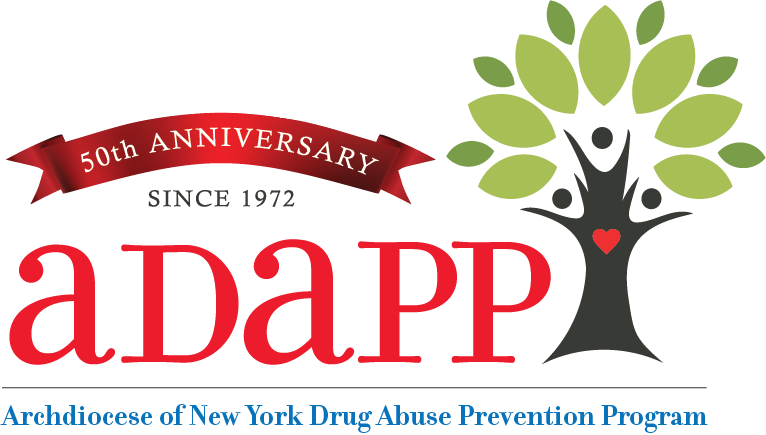ADAPP provides individual and group counseling services as well as substance abuse and mental health assessment services in many schools throughout the Archdiocese of New York.




Teen Intervene
Is an early intervention program targeting 12- to 19-year-olds who display the early stages of alcohol or drug use, but do not use these substances daily or demonstrate substance dependence. Integrating stages of change theory and motivational enhancement, this intervention aims to help teens reduce and ultimately eliminate their alcohol and other drug use. It is administered in a school setting in two to four 1-hour sessions, 10 days apart.
SBIRT
SBIRT is a comprehensive, early intervention service for persons with substance use disorders and for those at risk of developing them. It is an opportunity for early intervention with at-risk substance users before more severe consequences occur. It includes:
- Screening quickly assesses the severity of substance use and identifies the appropriate level of treatment.
- Brief intervention focuses on increasing insight and awareness regarding substance use and motivation toward behavioral change.
- Referral to treatment provides those identified as needing more extensive treatment with access to specialty care.
